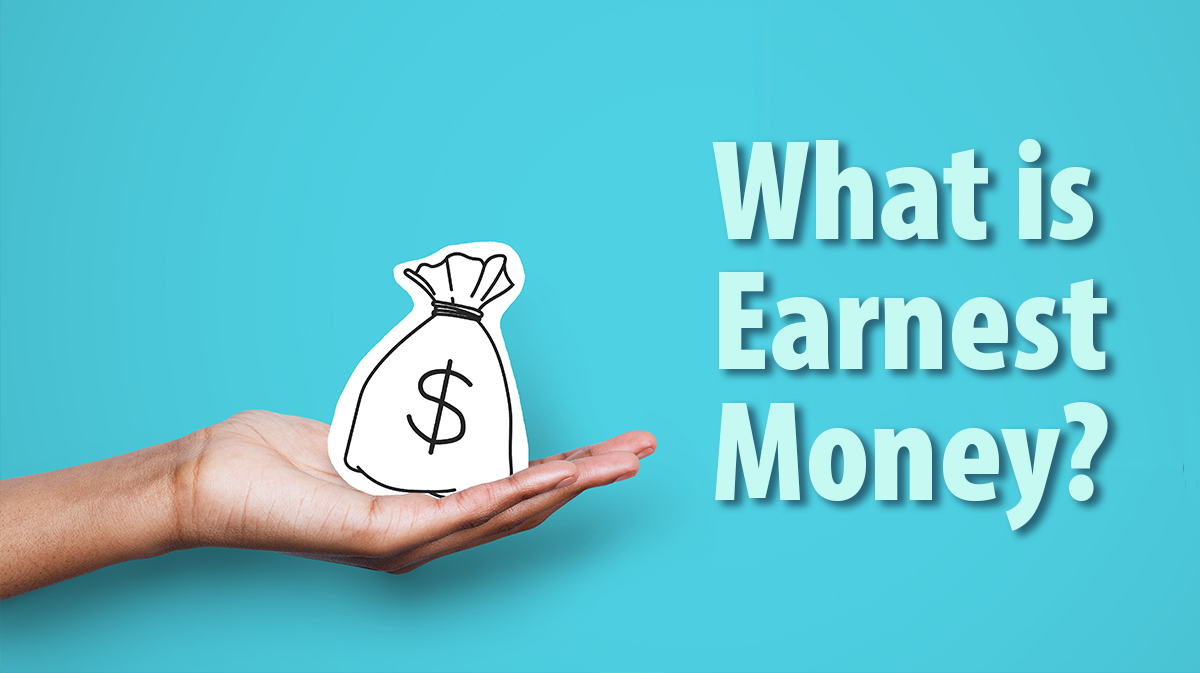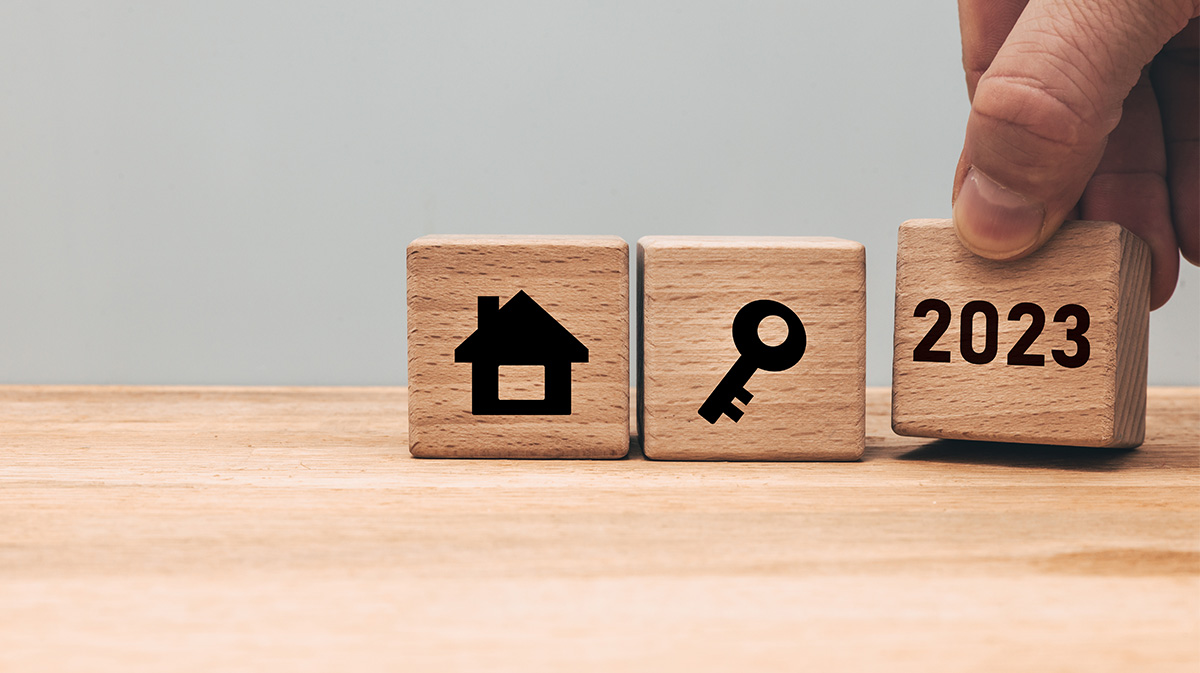Home Buying: What is Earnest Money?

Earnest money can sweeten the deal when you are submitting an offer to buy a home. However, many first-time home buyers aren’t familiar with earnest money and how it works.
Let us answer some of the most frequently asked earnest money questions for you:
What is earnest money?
Money that is given in earnest to show the sincerity of your offer to purchase a home, is often referred to as “earnest money.”
Sometimes called a “good faith deposit”, potential home buyers give a portion of the down payment to the seller to hold before closing. Earnest money is a very clear way to show that you are a serious buyer and are potentially willing to lose the upfront “deposit” if you don’t fulfill your side of the purchase agreement.
Is earnest money expected?
No, seller’s don’t expect earnest money. However, they may appreciate the gesture and be more trusting of a potential buyer who offers a good faith deposit.
Why do buyers offer earnest money?
Offering an up-front deposit on the down payment amount strengthens your offer without increasing the overall purchase price. In a competitive housing market, making a strong offer is important.
Seller’s are more likely to accept an offer from a potential home buyer that offers earnest money. The upfront deposit shows that the buyer is not only serious, but that they are willing to pay for the opportunity cost of having the home off the market if they walk away from the purchase agreement.
When do I pay earnest money?
Earnest money is given to the seller and usually by the sellers agent once your offer is accepted. Neither the buyer nor seller is allowed to use the earnest money until after closing, when the purchase contract is completed.
How much earnest money is appropriate to offer?
1% to 2% of the home purchase price is common to offer as earnest money. However, your real estate agent should be able to tell you the amount that is commonly offered in the local market.
Do I get my money back if the purchase contract isn’t completed?
Sometimes, yes.
The money can be returned to you if the contingencies outlined in the home purchase contract aren’t met. If the contract is not completed due to an issue with the home value or the home itself, you can be reimbursed the full earnest money amount.
The most common contingencies involve:
- Uncovering major issues in the home inspection
- Discrepancies in the apprised value of the home
- Issues concerning the title of the property
- Mortgage financing roadblocks
- The sale of your current home
Sometimes, no.
You may not get your earnest money back if you walk away from the deal for reasons that weren’t included in the purchase agreement. If you have personal reasons for not following through with the contract, the seller is entitled to keep the money.
What happens to earnest money at closing?
At closing, the amount you paid in earnest is subtracted from the down payment amount due at closing.
If all goes well with your home purchase, the good faith deposit given doesn’t impact the total amount you pay to the seller for the home. Earnest money mitigates the risk to the seller, and makes your offer more valuable by putting some money “on the table.”
Speaking with your real estate agent about strengthening your offer with earnest money is a great idea. They can help guide you in making an offer that help you buy your dream home.
At TexasLending.com we can help you get pre-approved for a mortgage fast and FREE. Including a pre-approval letter with your offer is key to showing that you are ready to buy a home.
Start your pre-approval today by connecting with one of our licensed mortgage experts.






